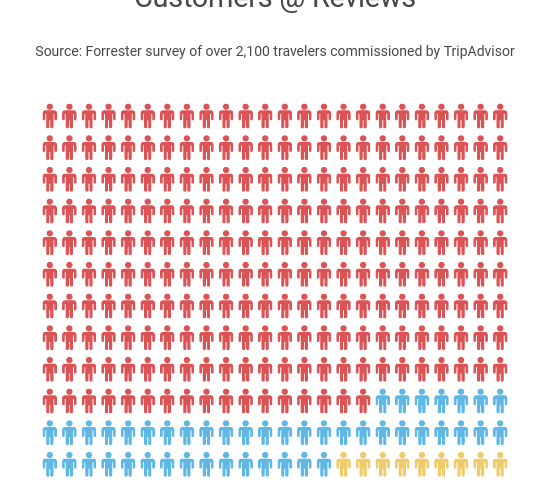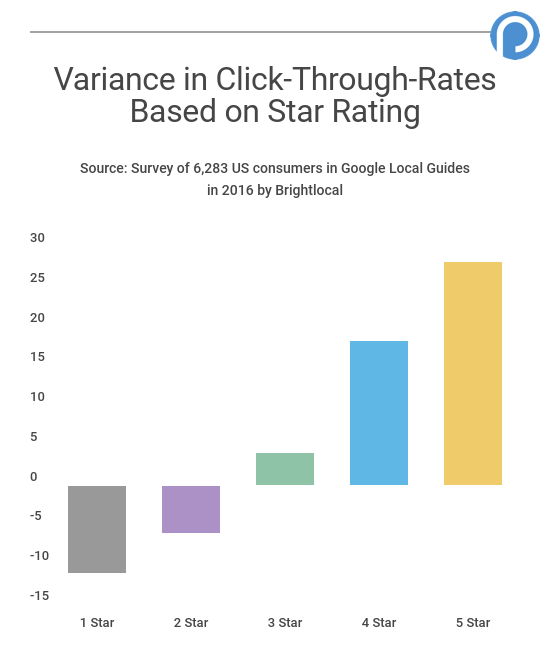- Have any questions?
- [email protected]
Strategies for Preventing and Addressing Negative Online Reviews

WhatsApp Marketing / Blasting
November 5, 2023
LINE App and WhatsApp Bulk Messaging
November 6, 2023Be Proactive, Not Reactive
In the digital age, online reviews can make or break a business. With consumers increasingly relying on reviews to make purchasing decisions, it is crucial for businesses to proactively prevent and address negative feedback. In this article, we will discuss strategies for managing negative online reviews, as well as provide a Q&A session to address common concerns related to online reputation management.
Strategies for Preventing Negative Online Reviews
Deliver exceptional customer service
Providing exceptional customer service is key to preventing negative reviews. Ensure your staff is well-trained, responsive, and empathetic to customer needs. By consistently exceeding customer expectations, you can increase the likelihood of receiving positive feedback and minimize the risk of negative reviews.
Encourage open communication
Encourage customers to voice their concerns or complaints directly to your business, rather than resorting to online review platforms. By fostering open communication channels, you can address and resolve issues before they escalate into negative reviews.
Request feedback from customers
Actively seek feedback from your customers to identify areas for improvement. By regularly evaluating your products and services, you can proactively address any shortcomings and minimize the risk of negative reviews.
Strategies for Addressing Negative Online Reviews
Respond promptly and professionally
When negative reviews arise, respond promptly and professionally. Acknowledge the customer’s concerns, apologize for any shortcomings, and offer solutions to rectify the issue. A thoughtful, genuine response can help rebuild trust and demonstrate your commitment to customer satisfaction.
Encourage satisfied customers to leave reviews
Encourage your satisfied customers to share their positive experiences on online review platforms. A higher volume of positive reviews can help counterbalance negative feedback and maintain a strong overall rating.
Learn from negative feedback
Use negative reviews as an opportunity to learn and improve. Identify areas for improvement and implement changes to prevent future issues. By addressing the root causes of negative feedback, you can continuously enhance your products and services, ultimately leading to fewer negative reviews.
How do I encourage customers to leave positive reviews?
Request reviews from satisfied customers through email campaigns, social media, or even in-person interactions. Ensure the process is simple and convenient for customers, and thank them for their time and feedback.
Should I respond to every negative review?
While it may not be possible to respond to every negative review, prioritizing responses to the most severe or damaging reviews can demonstrate your commitment to customer satisfaction and help rebuild trust.
Can I remove a negative review from an online review platform?
In some cases, you may be able to request the removal of a negative review if it violates the platform’s guidelines or is deemed defamatory. However, it is generally more effective to focus on addressing the concerns raised in the review and improving your overall online reputation.
How do I handle fake or malicious reviews?
Respond professionally to the review, stating your belief that the review may be fraudulent and offering to discuss the matter further offline. Report the review to the platform and provide any evidence to support your claim.
Conclusion
Being proactive, rather than reactive, is essential when it comes to managing negative online reviews. By implementing strategies to prevent negative feedback and addressing negative reviews promptly and professionally, businesses can maintain a strong online reputation and ensure long-term success. Additionally, learning from negative feedback and continuously improving your products and services can help create a positive customer experience and ultimately reduce the risk of negative reviews.


